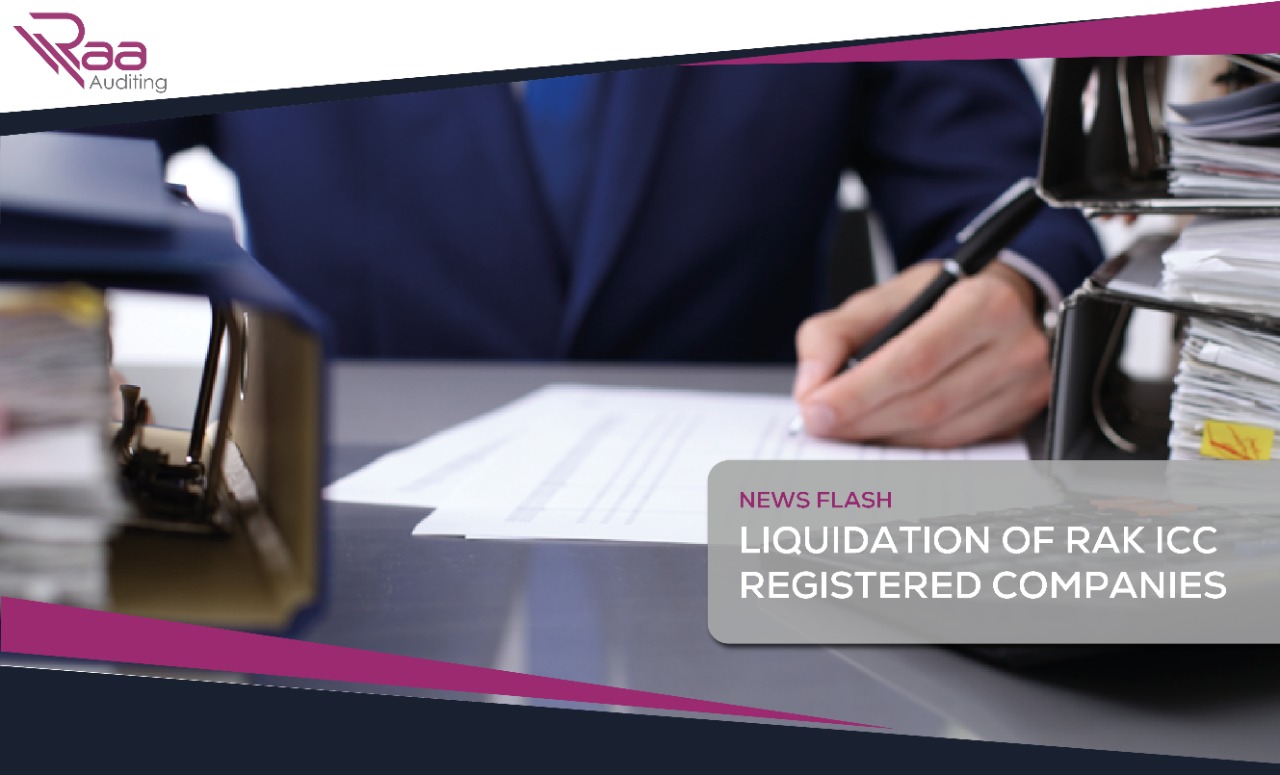What is Liquidation:
Liquidation is the process of bringing a business to an end. A liquidator is appointed to wind up the operations of business which leads ultimately distribution of its assets and settlement of liabilities among its stakeholders.
Types of liquidation:
A liquidation can either a voluntary or compulsory.
A voluntary liquidation is a self-imposed wind-up and dissolution of a company that has been approved by its shareholders.
A compulsory liquidation is an insolvency procedure, initiated most commonly by a company’s creditors by way of a winding-up petition. If a winding-up order is granted, the court will place the company into compulsory liquidation and generally appoint the official receiver as liquidator to carry out a full investigation into the conduct of the board members.
RAK ICC – RAK International Corporate Centre
RAK International Corporate Centre (RAK ICC) is one of the fastest growing international corporate registries with a great reputation across UAE and Internationally.
RAK ICC is engaged with the registration of International Business Companies. RAK ICC is a modern, world-class Company Registry and operates in full compliance with international standards and best practices.
RAK ICC is headquartered in Ras Al Khaimah, with an additional office in Dubai, United Arab Emirates (UAE).
Liquidation process of RAK ICC registered companies
Different terms are used for liquidation including winding up, license cancellation and close down of a RAK ICC registered company or business. A liquidation is a complex process by nature generally involves the following:
- The business should cease its commercial, operational and financial activities. However, under exceptional circumstances, business might be allowed to operate.
- All the shareholders, or creditors of the business should agree to close down its operations by a resolution.
- A RAK ICC registered liquidator or firm should be appointed to execute the liquidation process which might take from weeks to months. The liquidation team should take care of all the assets and liabilities of business under the RAK ICC regulations and report to the appointing authority on regular basis.
- The RAK ICC registered Liquidator firm should act to protect the interest of creditors, shareholders and other stakeholders.
- The RAK ICC liquidator is responsible to review the information of liquidation entity and issue a liquidation report and final financial statements for submission to authorities confirming that all the liquidation requirements are met and entity is ready to be deregistered.
We always suggest engaging the services of consultants to make sure all the requirements and documents prepared are in line with the requirements of RAK ICC regulations and to avoid any noncompliance issues which could result in additional costs.

